
I have a confession to make.
I procrastinated making this. And in terms of putting something off, I'm not alone. Around twenty percent of Americans are chronic procrastinators, and seventy to ninety percent of undergraduates claim to be. It's a problem that has nagged humans for centuries. Speaking about procrastination, the greek poet Hesiod said “put your work off till tomorrow and the day after.” in 800 b.c. That's more than 2000 years before polio. And we've eradicated polio. But yet, procrastination still plagues us.

"What's so hard about it?"
Procrastination comes from valuing short term rewards with long term downsides over short term downsides with long term rewards. That certainly explains why some people procrastinate more than others; it’s harder for them to think in the long term. But it doesn’t explain why anyone would want to procrastinate if they thought about it for just a little bit. APS Fellow Joseph Ferrari, a professor of psychology at DePaul University, is a firm believer that time-management has nothing to do with procrastination. Telling someone that is a chronic procrastinator to “just do it”, as he says, is “like saying to a clinically depressed person, cheer up”. It’s simply useless.
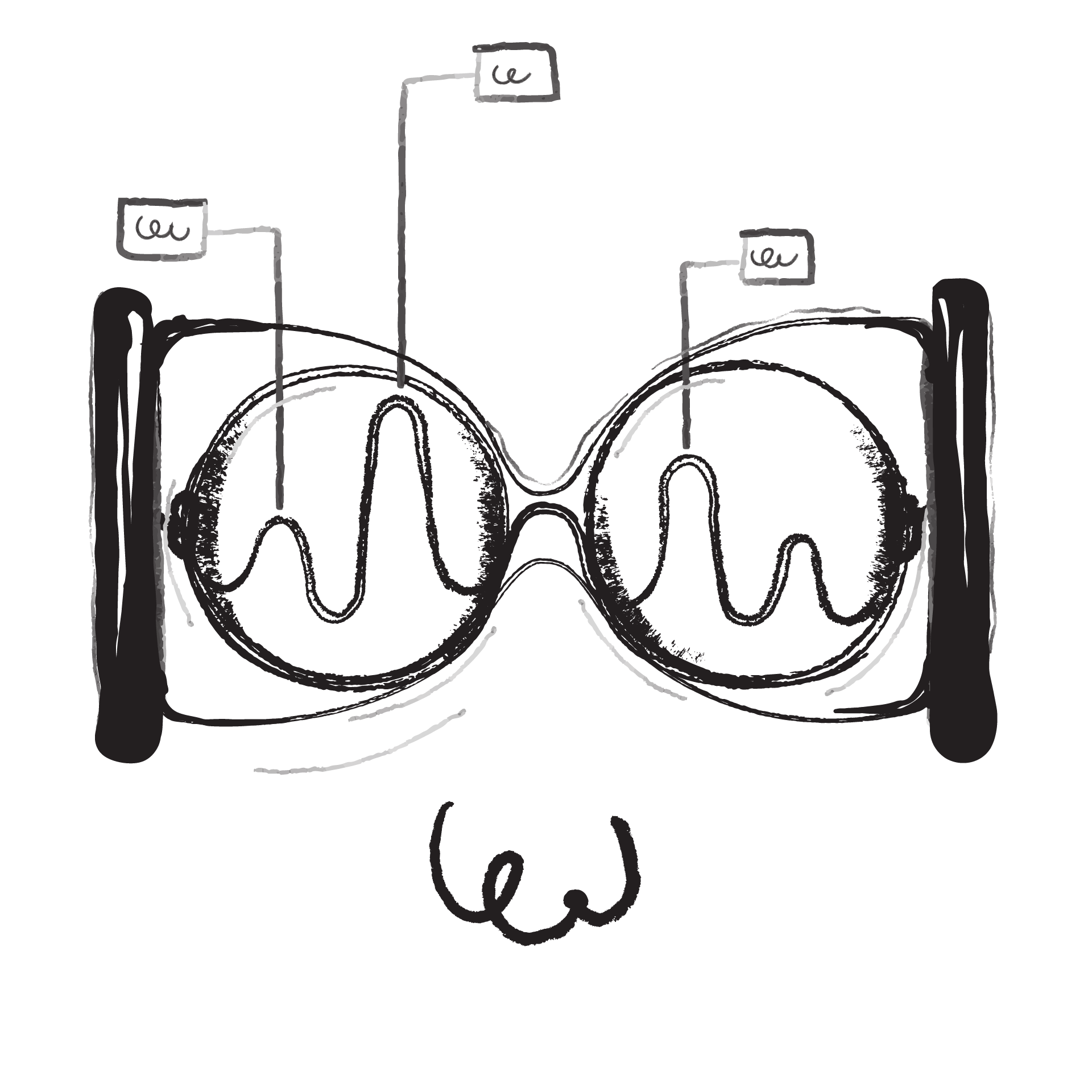
Effort over ability
Another major reason for procrastination is that chronic procrastinators would rather have you think that they lack effort rather than ability. Many want you to think that the reason they failed the test is because they put it off, not because they just aren’t smart enough to take it. Effort is something they can lower with ease, but it’s hard to get better at something.
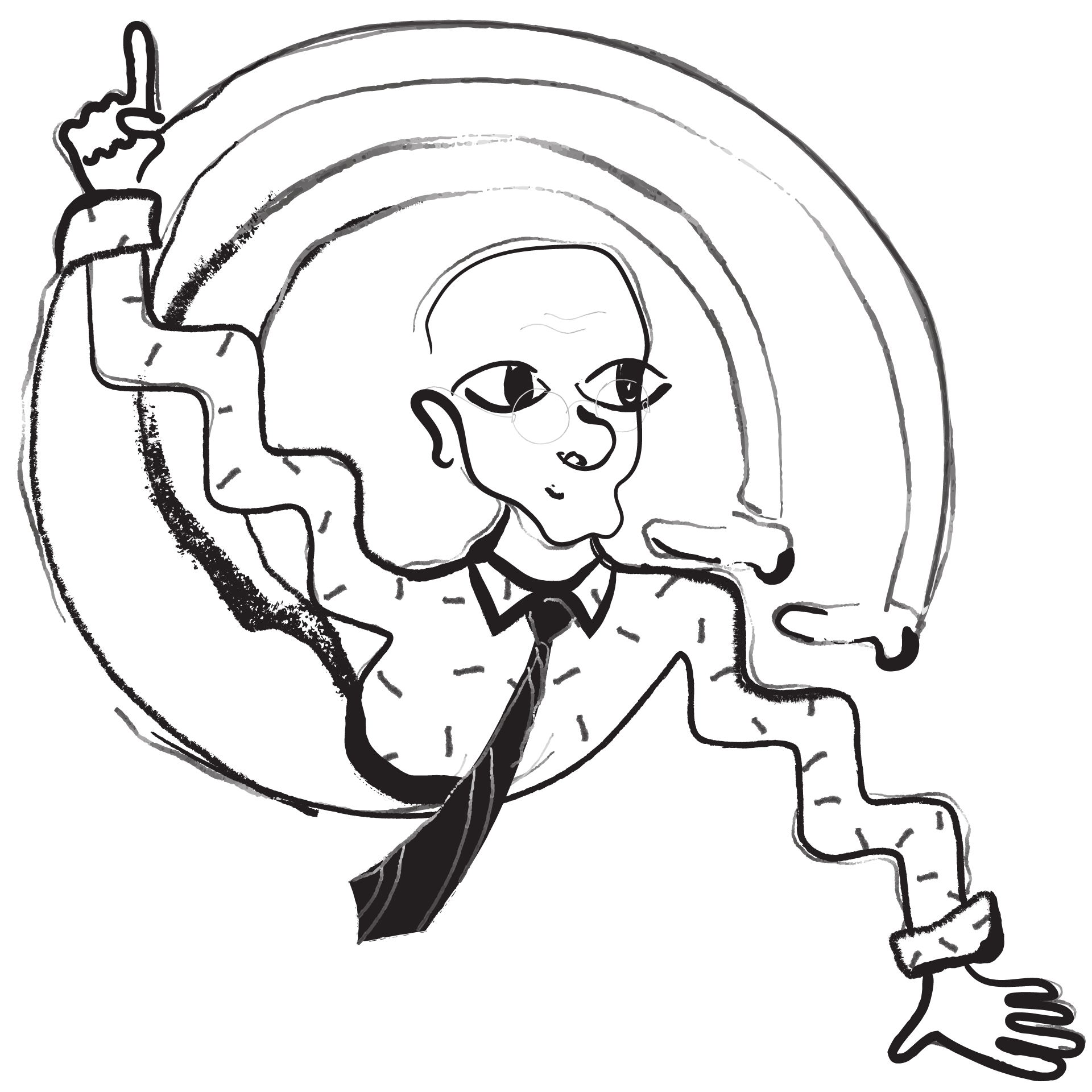
Is it really that bad?
Oftentimes, procrastination is seen as a good thing. But it’s far from it. A study done by APS Fellow Dianne Tice and APS William James Fellow Roy Baumeister tracked college students that were on a predetermined scale in terms of how much they procrastinated. Throughout the semester, they collected their results. In the beginning, it appeared that those that procrastinated were doing better off. They were experiencing less stress and feeling better overall. But this proved to be a facade, for while the moods of those consistently doing the same thing stayed the same, the moods of the procrastinators wildly dropped throughout the semester. It’s likely that the reason they started out so great was because they were experiencing the short term benefits procrastination offers.
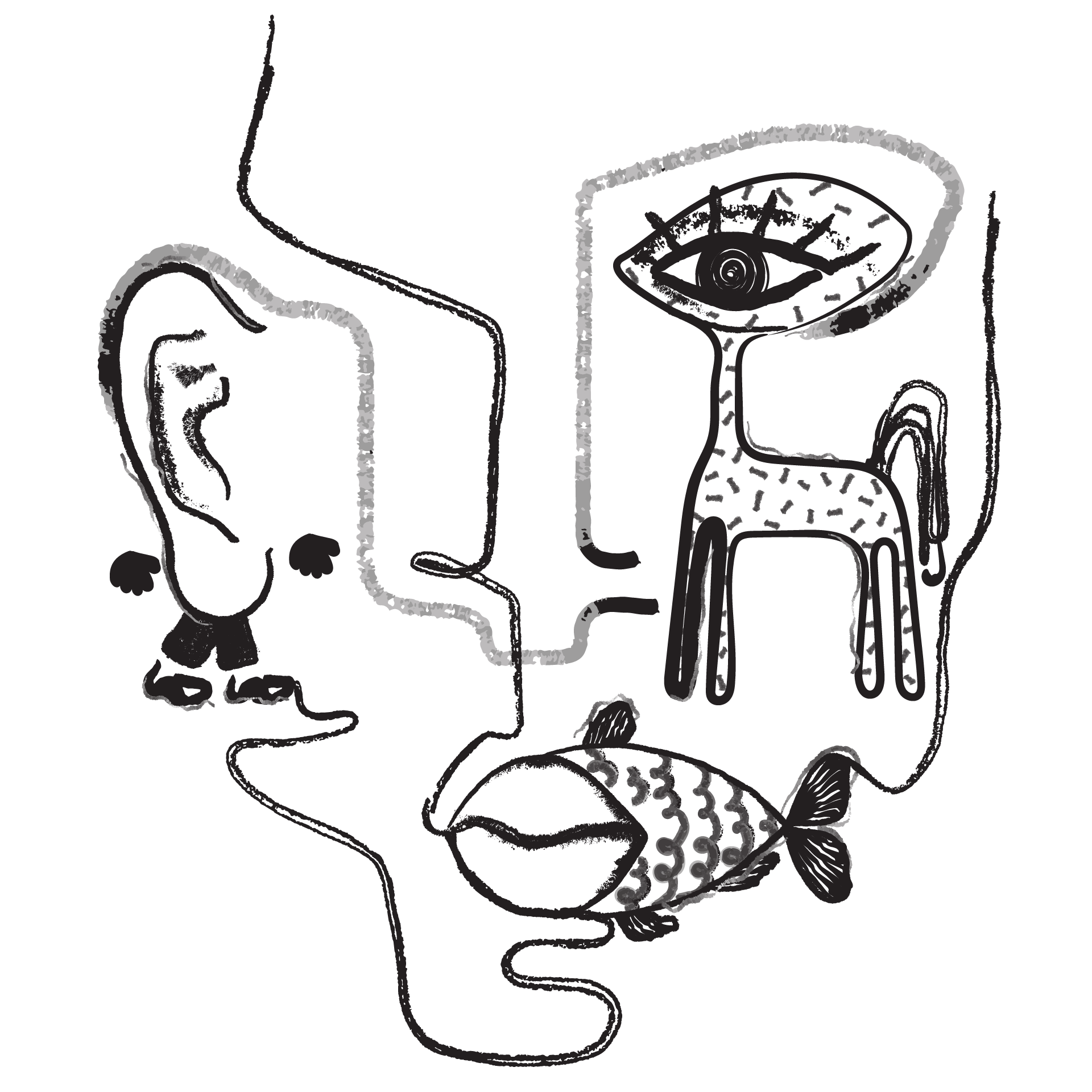
To know one's self
The key to procrastination, according to Princeton, is self awareness. Once you can establish that you are putting something off in your conscious mind, it will make it all the more easier to allow yourself to do the task. The way you talk to yourself is also very important. Instead of saying “I haven’t...” say “I will…”. You might not get very far on that alone, but it will certainly change your state of mind.
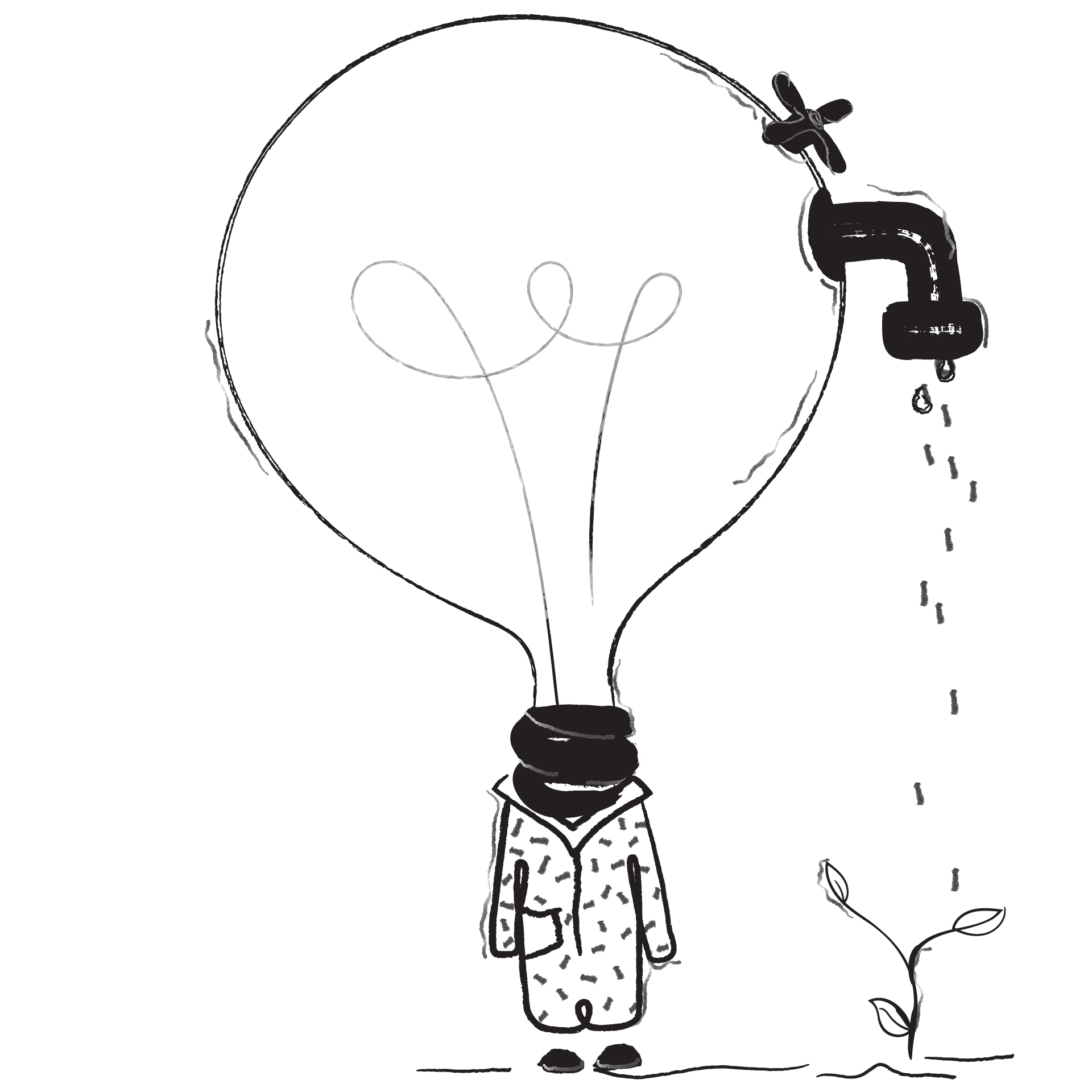
Trick your brain
There are many ways to prevent procrastination from ever happening, and one of the biggest ones is providing the right environment for yourself. If you can, surround yourself with people you know will keep you productive, and not only will you stay on task, but the task will become much easier with others doing it with you. Another way to stop procrastinating is to make a bet. It can be with yourself, though it works better with a partner. Find somebody that is close to you, and make a bet with them that you’ll be able to complete a task. You’ll instantly want to do it much more.
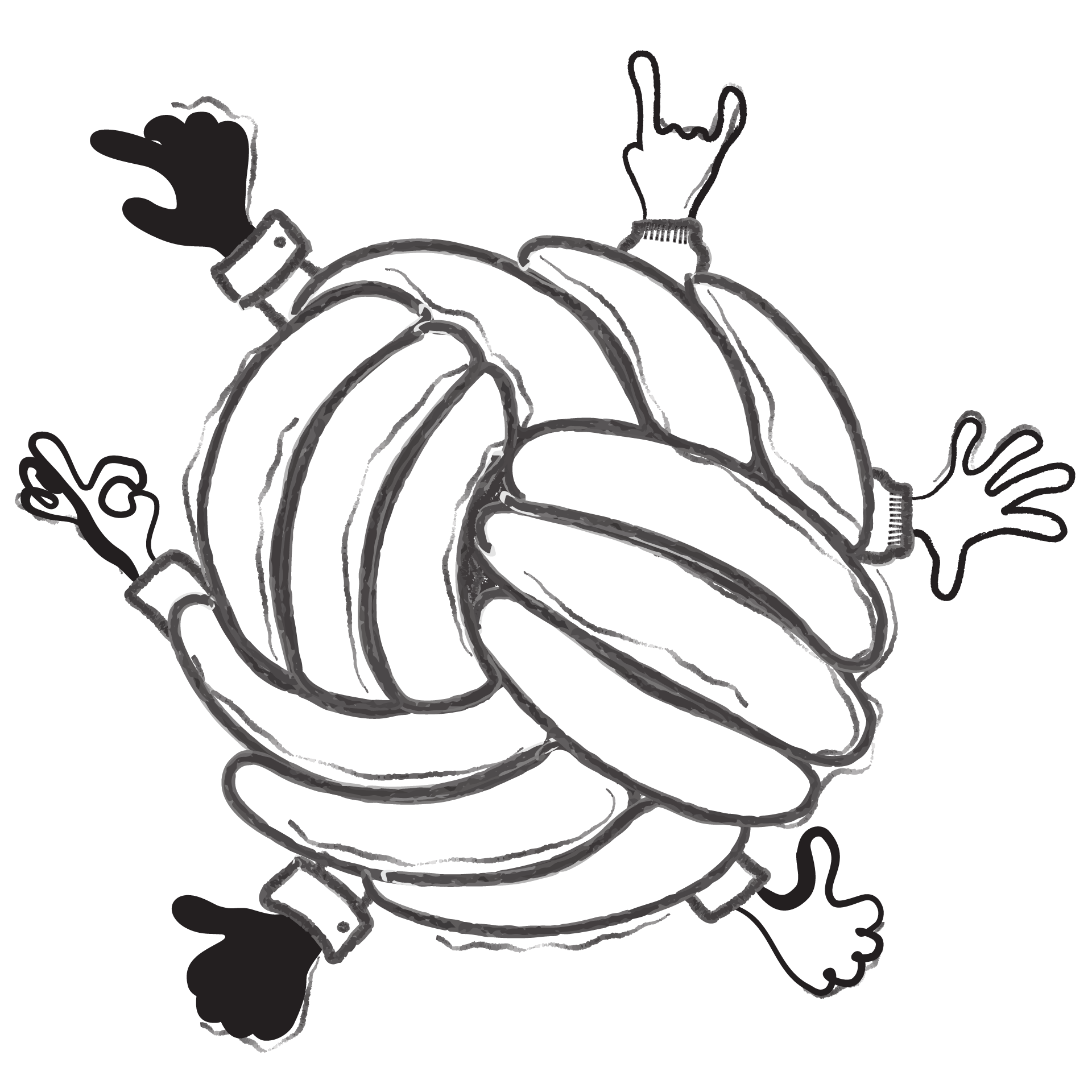
Break it down
Big tasks are daunting; that's what makes them so easy to procrastinate. Writing a paper that has to be at least 5000 words and is due the next day isn't even going to stand a chance when compared to just playing video games or watching a movie for most people. But first of all, it's important to get over the hump. Most people nag and pester themselves about a task all throughout procrastination. That's called the Zeigarnik Effect. But you can use it to your advantage. Once you get started, the worst part is already over. Now, you just have to break it up into small, bite-sized chunks that you can easily accomplish. Write one word. Then write ten. And go from there.
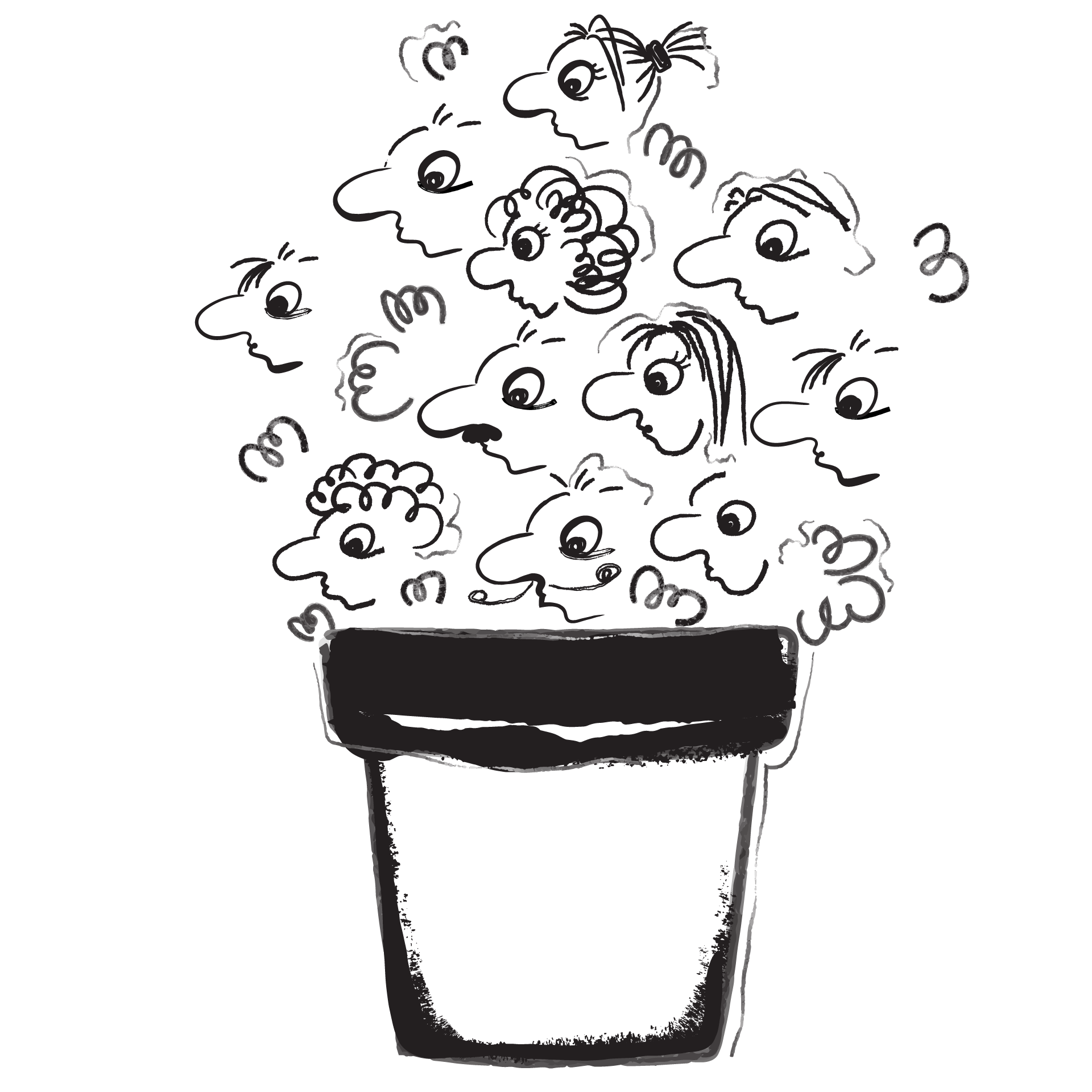
Everybody's different (but also the same)
The idea that something so unproductive and unrewarding in the long run could be hard to stop doing is certainly a bit paradoxical, but the human brain is strange in many ways. Of course, the methods explained in this article might not work for you, and that’s okay. Because how procrastination works under the hood holds true for everybody. And once you can understand what it is you’re not doing and why you’re not doing it, it’ll be all the more easy to procrastinate procrastinating.